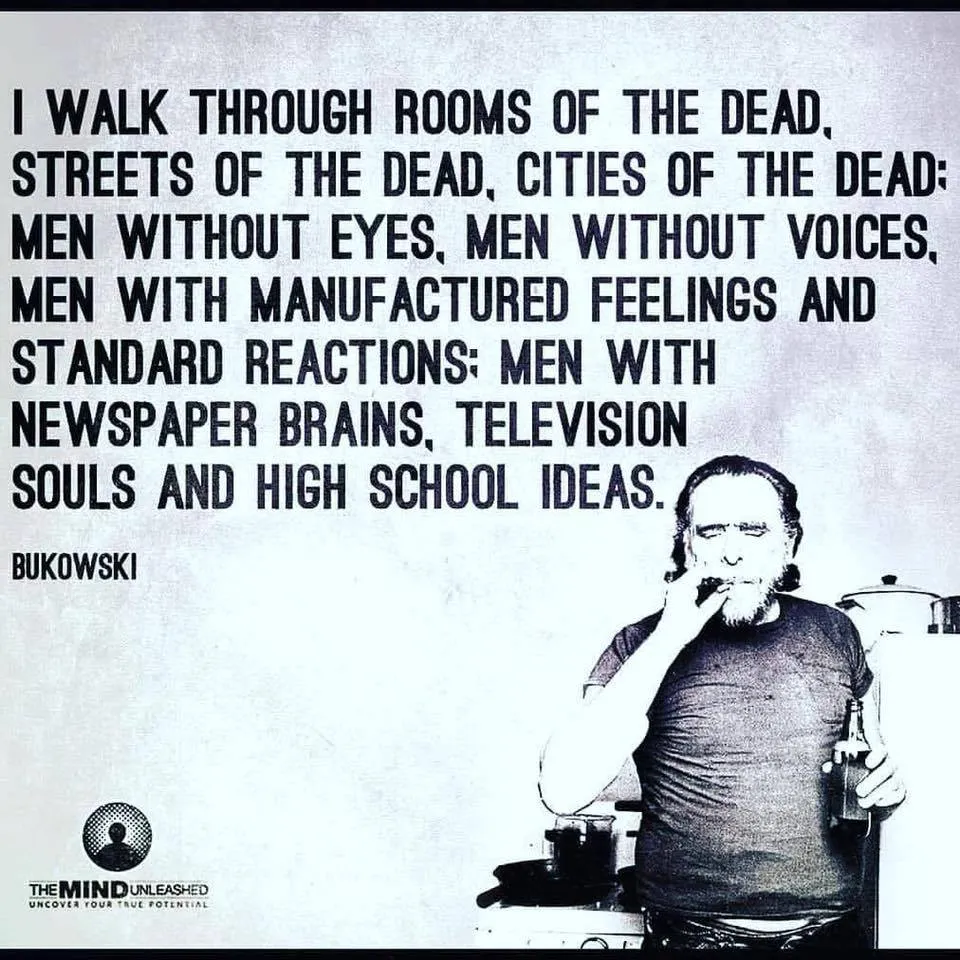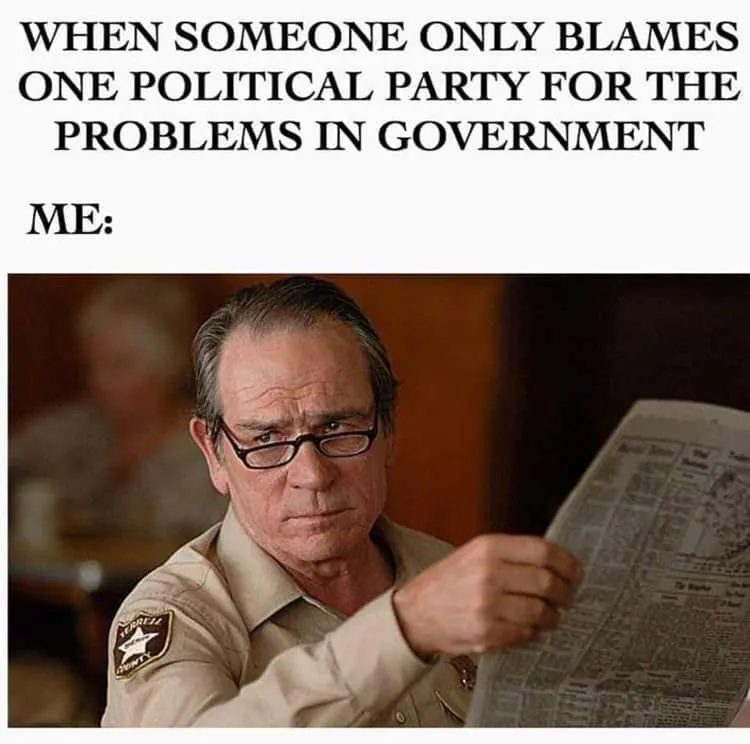
Got sent another article, which I find very flawed. It’s called “Can violence be moral” and was written by David Nussbaum and Séamus A Power for the Guardian.
The article was sent in response to — what else–my insistence that government is immoral because it uses violence to achieve its ends. To make me realize that the use of violence can be moral, which I don’t disagree with at all. I just disagree with the notion that it was moral for government to use violence, which in turn means the majority of people using violence to force the minority into submission.
So let’s get right into it.
The Guardian article mentions in the first paragraph a sentence that already strikes me as wrong:
“The Charlie Hebdo killers were not acting at random — they were following a moral code. We don’t need to approve of their moral framework to understand that it exists and guides their behavior, and that understanding can bring us insights into the psychology of violence that we miss if we simply dismiss it as evil.”
This sums up a major problem in today’s society: the pretence that there was no such thing as right and wrong.
A framework is either moral by universal standards or immoral. There is no such thing as a framework that is moral for some and immoral for others.
We all recognize that there is such a thing as universal morality, otherwise how could we ever be cool with government making laws? Accepting laws in the first place, requires a recognition that there is a difference between right and wrong.
Right and wrong are not matters of opinion.
There’s but one case, where killing another human being can be considered moral, and that’s if done in self-defence to prevent the attacker from taking your own life or the life of the innocent.
The Charlie Hebdo killers may have convinced themselves that they were acting morally, as many people will convince themselves of all sorts of things to avoid uncomfortable truths, but that doesn’t mean they acted morally.
The reason “we don’t (…) approve of their moral framework” is because it is not to be approved.
Killing another human being because they don’t believe the same thing as you is evil. It’s as immoral as you can get.
Only if you concede, as the author does, that there was no clear boundary separating a moral action from an immoral action, do you open up this whole word of confusion surrounding right and wrong behaviour.
If violence, by definition, is the “behaviour involving physical force intended to hurt, damage, or kill someone or something” (according to the English Oxford Dictionary), then it cannot at the same time be moral.
It’s a natural law that follows from the mere fact of existence.
The reason there’s the exception of self-defense is the fact that your attacker was breaking the law first. Breaking laws has consequences.
Because we exist, and because human beings want to exist, or at least not die, it can be established that harming another human being in any other circumstance than self-defense or defence of the innocent is immoral.
That being said, the study the author quotes, which apparently comes to the conclusion that “most violence is motivated by morality” seems like complete nonsense.
Next, the author offers an argument that’s being brought up in justification of violence 90 percent of the time: the parent-child argument.
I’ve addressed this elsewhere, but cannot find the link at the moment, so will try and sum my thoughts up briefly:
the dynamic between parents and their children is a completely different one than the dynamic between adults in society, most of whom don’t know, let alone deeply love one another. And that’s fine.
correcting your child’s behavior, even by force, is usually intended to teach it a valuable life lesson. You don’t want to control your child, you want to enable it to grow up well.
the force you apply, the rules you set, they are all intended to help the child thrive. You act out of love. Your control is not based on fear, which is what all government control is based on, but on love, which is the direct opposite of fear. Love expands consciousness, fear causes you to operate with a suppressed consciousness.
violence in the realm of government is used to control, prohibit, prevent and thwart.
In conclusion, aparent saying ‘I don’t want to control my child, but I have to’ is not the same as one adult in a seat of power saying ‘I don’t want to control my fellow adults, but I have to’.
Please tell me you can see the difference here.
The latter is what you’d consider patronizing, and no adult should be forced to put up with this kind of megalomaniacal behavior.

The fact that many adults are mental children these days doesn’t justify using the same methods you’d use on children on all adults, because many of them have actually worked their whole lives to become functioning, moral and good human beings, and are now discovering that perfectly moral things are being made illegal by government.
But the author simply states that the same parent-child logic “can be scaled up to truly heinous acts, like the recent terrorist attacks in Nigeria, France and Australia.”
What do you even say to that. Is this what the majority of human beings believes?
“Even these [heinous] acts, argue Fiske and Rai, [the authors of the above-mentioned study] are motivated by a moral code that justifies or even requires them.”
Well, I’d say Fiske and Rai haven’t got a clue.
“Rai states ‘that’s a case where as awful as those acts of violence are, these are cases where the perpetrators felt that they were retaliating against what they perceived to be a gross, abhorrent moral wrong’.”
It doesn’t matter what the perpetrators “felt” like. Right and wrong don’t care about your feelings.
“Fiske and Rai argue that understanding the moral nature of violence is actually essential to reducing it, because the best way to change someone’s behavior is to understand what motivated that behavior in the first place.”
That I could agree with. Understanding is required. But apart from understanding what motivated the other person, it is equally important to understand the difference between a right action and a wrong action.
And, again, killing another human being for their beliefs, even if they don’t affect your life in the slightest, is as wrong and as immoral as it gets.
Just ask the Charlie Hebdo shooters if they would like to be slain in broad daylight by somebody who thought their beliefs insane? They’d probably object, as no human being apart from masochists want harm being done to them.
They might cleim that their belief was the correct one to hold, but again: that would be just another statement based on feelings not facts.
“If you added up all the homicides committed in pursuit of self-help justice (i.e. taking the law into your own hands), the casualties of religious and revolutionary wars, the people executed for victimless crimes and misdemeanors, and the targets of ideological genocides, they would surely outnumber the fatalities from amoral predation and conquest.”
A few thoughts on this paragraph: Religious wars are no different from government wars, as government is a religion. Revolutionary wars are a direct result of government authority perceived as having gotten immoral. Who else executes people for victimless crimes and misdemeanors apart from government agents? Who has targeted people for their ideology in a more deadly fashion than government?
The irrational belief in authority, which includes religious authority and governmental authority, is what causes the vast amount of human suffering in this world. There’s no need to split hairs. Even a revolution is prompted by the belief that another authority would do a better job.
“In Virtuous Violence, the argument is that violence is usually perpetrated by people who believe that they are doing good by the moral standards that they adhere to.”
The key word is “believe”.
Again, they may believe they’re morally right, but it can be easily proven that they aren’t. Either by twisting their twisted logic and turning it onto themselves, or by breaking human life down to the most basic dichotomy of existence vs non-existence and realising that human beings want to exist or at least don’t want to die.
Hence, ending a human being’s existence (or preventing a human being from furthering their existence through theft or fraud) is immoral.
Side note: it would have been moral to stop the shooters from entering the offices of Charlie Hebdo and kill innocent human beings, and violence would have certainly been necessary to do so.
Suggesting that armed citizens would have been the only way that might have been possible is considered outrageous.
But it’s perfectly fine to argue that the shooters were acting morally, we just don’t understand their framework.
What a twisted world we live in.
